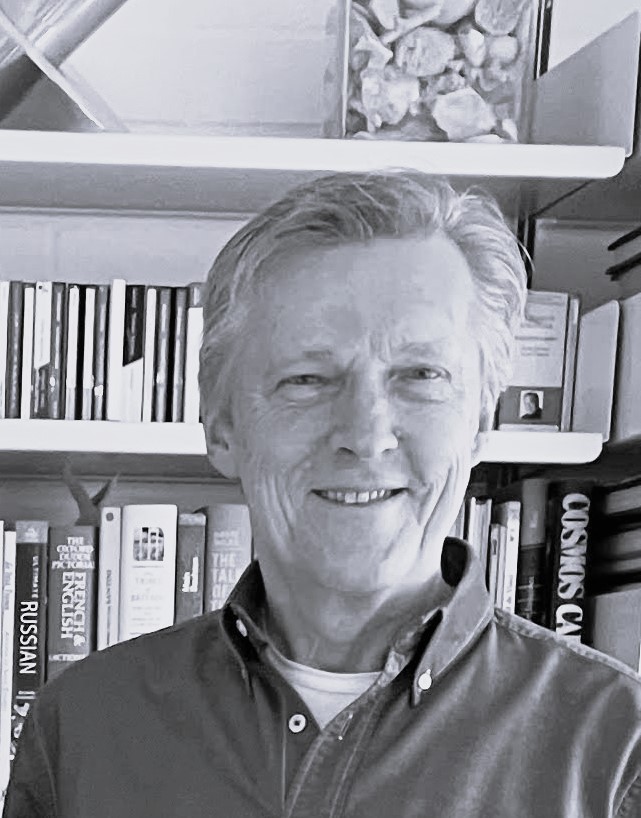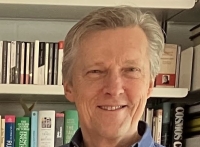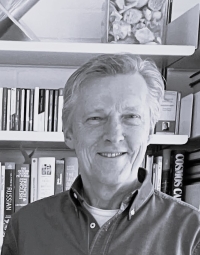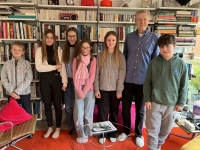I learned to be independent

Stáhnout obrázek
Josef Jiřičný was born on 30 April 1951 in Prague, where he grew up until age 18. Following the invasion of the Warsaw Pact troops, he decided to complete high school and emigrate. He obtained a visa in 1969 and went to the UK. He studied first at Aston University in Birmingham, then obtained a PhD from the University of London and continued his scientific career in biochemistry. With his wife and two daughters, he travelled around Europe, working at various universities and research institutes in the UK, Switzerland and Italy. He has received numerous awards for his scientific work. He was living in Switzerland in 2023.


